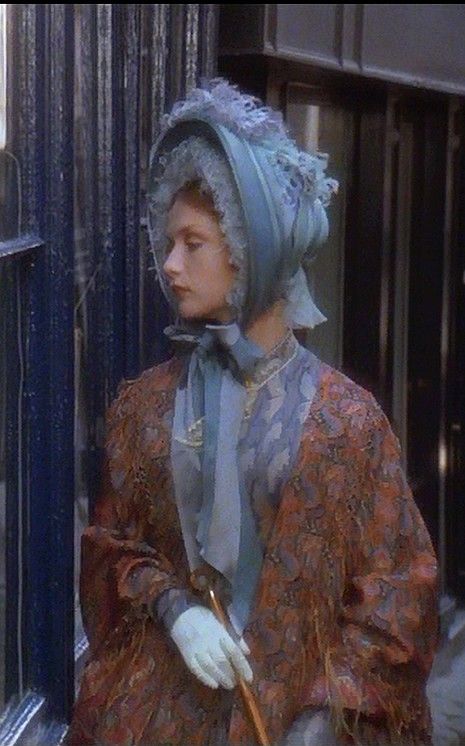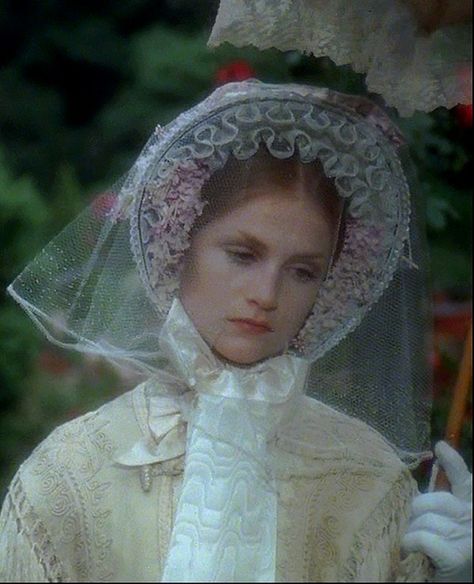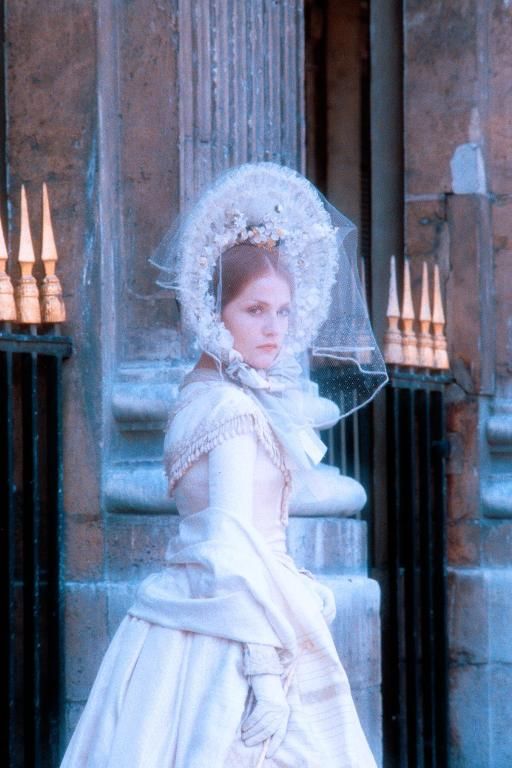Isabelle Huppert — biography, photos, personal life

During her 40-year career as an actor, Isabelle Huppert has played almost 100 roles, but almost none of them in comedies. Small, red-haired, and freckled, she has a fragility which seems made for drama of a special kind — drama in which lives are made or broken in silence, without hysterical shouting or hand-wringing
Isabelle Huppert played her first role of note in César et Rosalie (1972). From the very beginning she had, it seems, no desire to be a diva. Her family was welloff and her motivation for becoming an actress was neither money nor, surprisingly, fame. She has always kept herself to herself, avoiding society events, and has appeared in public only when pressured to do so by producers anxious to promote a film. Her father owned a factory that made safes (prompting journalists to joke that Huppert is as hard to open as one of her father’s products). A brilliant intellectual who has interviewed the philosopher Jean Baudrillard, she is reluctant to give interviews herself and categorically dismisses all questions about her personal life. And although she has played alongside all the best actors in France, she has never been the subject of anything resembling a scandal. As a child, Huppert was first encouraged by her parents to play the piano, then learnt Russian at university, but followed this by falling in love with acting. She began playing in TV films, but her career only took off when she had several small roles in succession in films with outstanding directors.

In Bertrand Blier’s Les Valseuses (1974), where Gérard Depardieu and Partick Dewaere play two scoundrels who chat up every woman in sight, Isabelle Huppert is a Daddy’s girl who runs away from home in order to leap into the arms of these butch strangers. Her character is a virgin, but not in the least bit shy; she is in a hurry to fling off the burden of her innocence — and the insolent young men are quick to oblige. Huppert’s portrayal of a contradictory mixture of naivety and shamelessness is so convincing that her role, although minor, made a lasting impression.
The title role in Claude Goretta’s The Lacemaker (1977) posed Huppert an interesting challenge: how to play a girl who is nothing special, but in such a way as to create a stir? Her character is a timid ingénue who learns the art of love from her saucy older girlfriend. When she meets a student while on holiday, he becomes her first boyfriend. But in time the love between them withers, choked by the banalities of everyday life. This story of a gently breaking heart proved a turning point in Isabelle Huppert’s career, getting her noticed by Claude Chabrol, the New Wave film director whose films explore the vices that lie concealed behind the tasteful veneer displayed by the wealthy bourgeoisie.

Isabelle Huppert received her first Best Actress award at Cannes for her role in Chabrol’s Violette Nozière (1979), the true story of a famous poisoner. In 1934, in order to steal money for her worthless lover, 18-year-old Violette poisoned her own parents, cunningly taking advantage of the fact that she had been discovered to have syphilis: she managed to explain this result of her sexual activities by claiming that she had inherited the disease from her parents; and then, under guise of medicine, she slipped them a fatal dose of sleeping pills. But her mother survived, and Violette was sent to prison for 15 long years.

Fame came to Huppert quite out of the blue, and she, always the model of restraint, simply brushed it off, continuing to avoid noisy parties and to select scripts on the basis of who was to be the director.
“There’s only one risk an actor takes,” she has said. “And that’s agreeing to work with a bad director. So I choose the best — such as Chabrol and Haneke. I should also say that acting is over-valued as a profession: actors are spoiled by too much applause. But what do we risk when we appear on the screen? Exposing our naked breasts to the camera?”
Huppert has always undressed on screen as naturally as a model posing for art students. She has never been a conventional beauty, but directors have often exploited the fact that men find her hypnotizing. In Michel Deville’s Eaux Profondes her husband (Jean-Louis Trintignant) furiously kills all her lovers, but in the mornings behaves towards her with impeccable courtesy, bringing her coffee in bed.

Huppert’s most provocative role, however, was given her by Michael Haneke in The Piano Teacher (2001). Bullied by her domineering mother and forced to bang out odious classical music on the piano with her pupils, her character suppresses her own sexuality for years before it finally erupts in aggression towards her lover and masochism towards herself.
“Sex is a way of controlling your life, but it’s also a way of losing control over it,” Huppert has said.
Typically, in this role her heart breaks quietly – not with a bang, but a whimper.
Isabelle Huppert’s personal life continues to provide scant food for gossip. For the last 30 years she has lived with her civil partner, by whom she has three children. She is fond of TV series and football, does not drive, and does not use a computer. In her work she continues to stick to her favourite principle: to appear only in films by the best directors.

